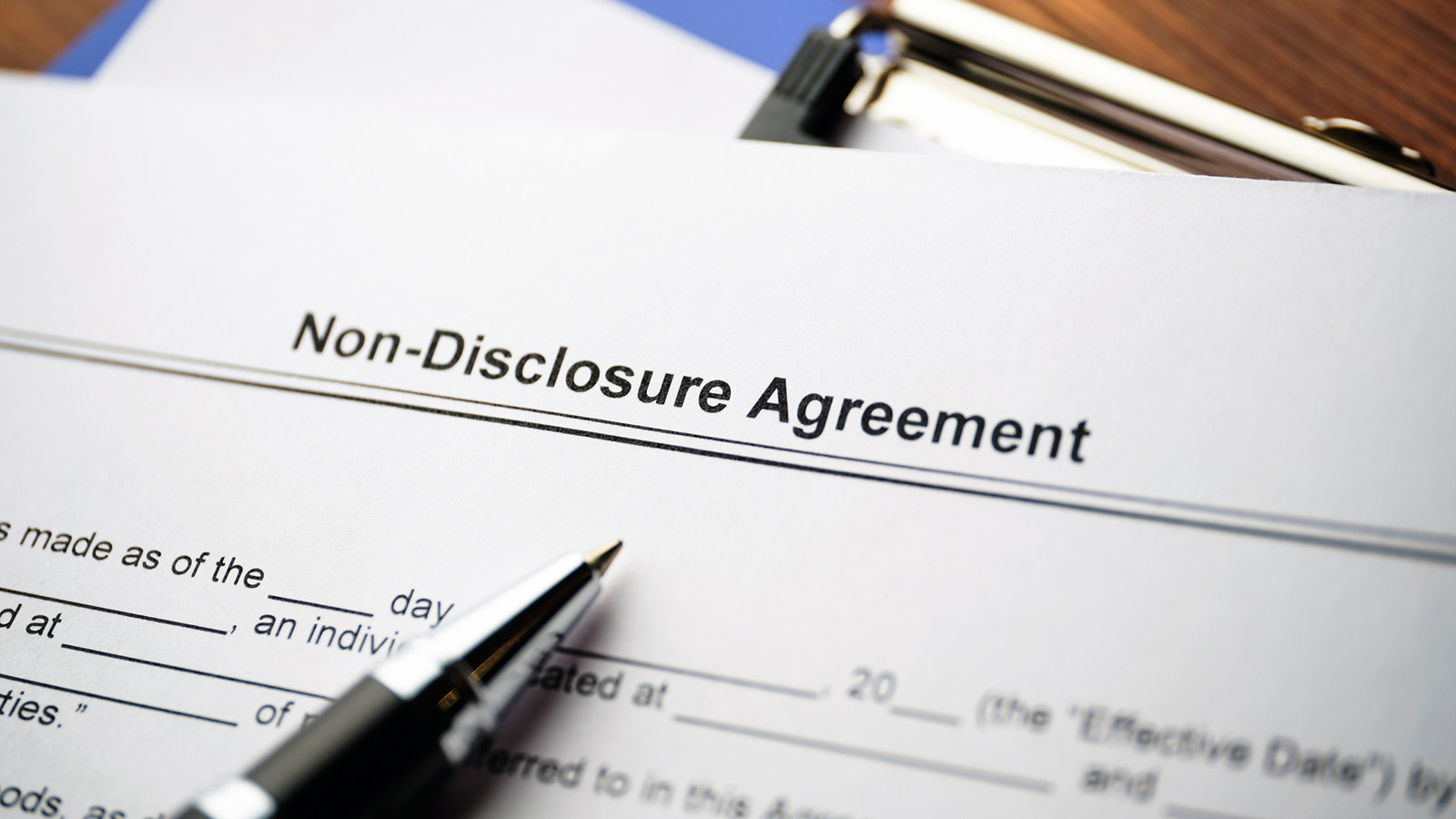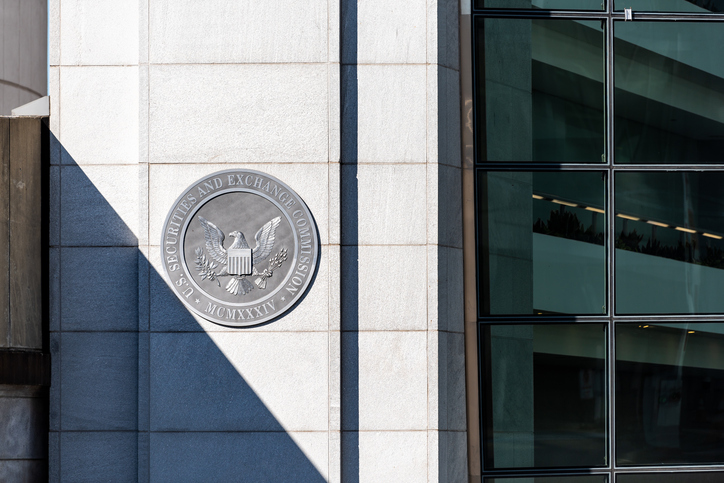Updated
May 15, 2025

Did the SEC change its rules governing the Dodd-Frank Act reward program?
Yes. On September 23, 2020 the U.S. Securities and Exchange Commission (“SEC”) voted 3-2 to amend its current rules governing the Dodd-Frank Act (“DFA”) whistleblower law. The DFA whistleblower law requires the Commission to pay rewards in the range of 10%-30% of any “sanctions” obtained by the SEC in administrative, civil or criminal enforcement proceedings. Sanctions also includes payments based on payments for disgorgement. The basic law remains unchanged, but a number of procedural requirements and definitions were changed.
Read the discussion about the SEC whistleblower rules at Columbia Law School or learn about the rules on our SEC whistleblower attorney practice area page.
Did the new rule “cap” or limit the amount of rewards payable in large cases?
No. The Commission initially proposed limiting rewards in large cases. However, this proposal was vigorously contested. See comments filed by KKC on October 21, 2019, December 10, 2019, January 16, 2020, and by Senator Charles Grassley, who also strongly opposed this change. However, in the final rule approved by the Commission this proposal was not included. There is no explicit authority to reduce large awards simply based on their size.
If I am qualified to obtain a large reward should I take any action to protect this right?
Yes. During the Commission’s public debate on the “cap” proposal the two Democratic Commissioners voiced strong opposition to an opinion issued by the SEC Office of General Counsel stating that the Commission could reduce large awards. However, the General Counsel’s opinion is not supported by either the specific language in the Dodd-Frank Act, or in the current regulations [i.e. Rule 21F-6(b)] that remain unchanged. Whistleblowers should address this issue if they qualify for a large reward and explain how the actual rules prohibit reductions based on the size of a reward.
Can Rewards be increased in smaller cases?
Yes. If no negative factors exist for reducing an award, whistleblowers are now presumptively eligible for a 30% reward in cases where the sanctions obtained from the SEC are $5 million or less.
Do the new rules change the requirement for filing a TCR complaint?
Yes. A TCR is the formal application a whistleblower must file in order to qualify for a reward. The proposed rules set forth severe restrictions related to the timing of filing a TCR. See Comment Letters filed by KKC dated May 6, 2019, October 8, 2019, October 16, 2019, October 21, 2019, November 22, 2019, December 10, 2019, and December 23, 2019.
The new rule requires that all whistleblowers file a form TCR. Filing this form not only helps qualify the whistleblower for compensation but also permits the Office of the Whistleblower to properly administer the thousands of complaints that are filed, and place them into a computer system so various investigators can access the information.
When must a TCR be filed?
The new rules create a timing requirement for filing a TCR. They must be filed within 30-days of a whistleblower’s first contact with the SEC. However, this 30-day requirement is predicated on a whistleblower having actual or constructive knowledge that a Form TCR must be filed.
Importantly, the Commission specifically states that obtaining counsel in connection with an SEC submission constitutes constructive notice. In other words, from the moment a whistleblower contacts counsel for the purpose of making a submission to the SEC the clock begins to run on this 30-day grace period.
All attorneys who practice in this area must be aware of this requirement and ensure that whistleblowers file reward claim TCRs within 30-days of first contacting the lawyer. Whistleblowers must also be made aware of this requirement and make sure that they file a TCR form within the 30-day deadline.
Were there other changes to the rules?
Yes. The amended rules made changes to the “related action” provisions of the regulations, established summary dismissal proceedings, and contained “guidance” in analyst cases. It is important to review these amended rules prior to blowing the whistle.
Our Firm’s Cases

$125 Million in Awards
We have successfully represented a number of SEC whistleblowers, preserving their anonymity and securing sizable whistleblower rewards. In one case, we helped our client receive one of the ten largest whistleblower awards ever granted by the SEC.
Relevant FAQs
Latest News & Insights
Former SEC officials lead the firm’s new group, representing whistleblowers who report financial fraud and legal violations to the SEC, CFTC, DOJ, FinCEN, and the IRS.






